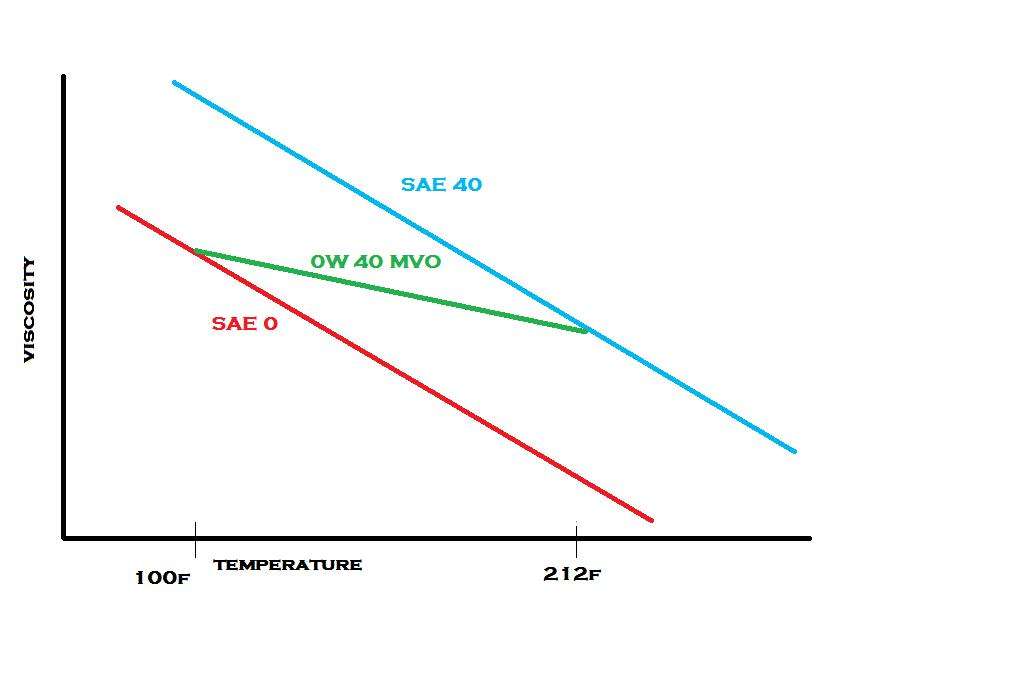Steve,
The point was not to look like an ass, it was to prevent misinformation regarding motor oil from spreading. So much of the automotive community either doesnt understand what they are getting out of their motor oil, or even what the grades of motor oil mean. 40 years ago when oil was all conventional, 15W50 and 20W50 was pretty much all that you could use in a high oil temp racing machine, and the guys who have been racing since then are often stubborn and continue to pass old tech onto us new guys.
Sometimes new tech gives us something that is really useful, and with the invention of grp4 and 5 synthetic oils, gone are the days of worrying about viscosity improver degredation. The biggest issue with higher end synthetics (grp 4/5) is actually finding them. Nearly all "synthetic" labled oil products are not, they are group 3. Group 3 oils are highly refined and homogenated conventional oils. They still require viscosity improvers. Viscosity improvers break down and eventually turn your 10W40 into a straight 10 weight oil... which why its important to change these oils every 3k miles. True synthetics because they dont need viscosity improvers can run for much longer intervals without degredation. In fact group 5 ester based oils NEVER degrade, which is why they use them in commercial jet engine lubrication. In fact in jets, they never change the oil, they just add new detergents and friction modifiers and change the filter.
Please feel free to read here:
http://www.bobistheoilguy.com/forums/ubbthreads.php?ubb=showflat&Number=718643
O/P I am sorry for cluttering up your thread, so i figured Id give you a good takeaway with what general consensus is on ALL 3s engine blocks and internals:
Gen1-gen3 pistons are good to about 400whp
Gen1-gen3 rods with upgraded bolts are good to 500-600 whp
Gen 4 rods suck
Gen1-gen4 cranks are good to 1000+hp
Gen 1 & 2 blocks are good to anywhere between 600 and 700whp before the risk of cracking becomes high
Gen 3 blocks are generally considered to be weaker than gen 1 or 2 blocks
Gen 4 blocks are the strongest of the 3s blocks, have a better casting design and better metallurgical properties but the actual HP numbers are still largely unknown.
Brand new blocks bought directly from the dealership are similar to the gen 4 blocks.
*the 98+ 5s block can handle basically a jillion HP...

